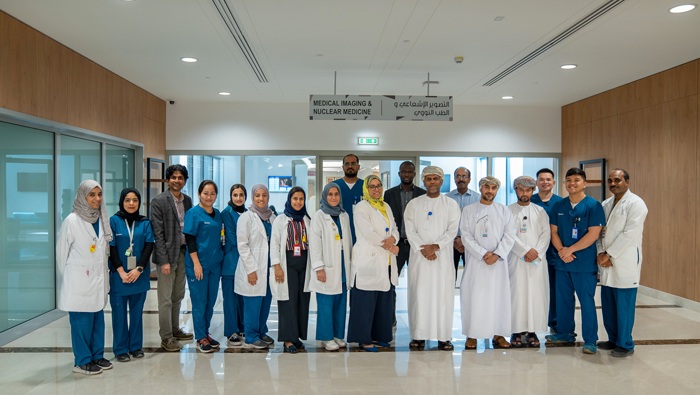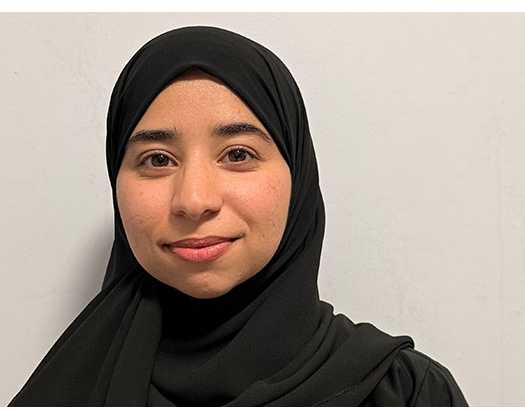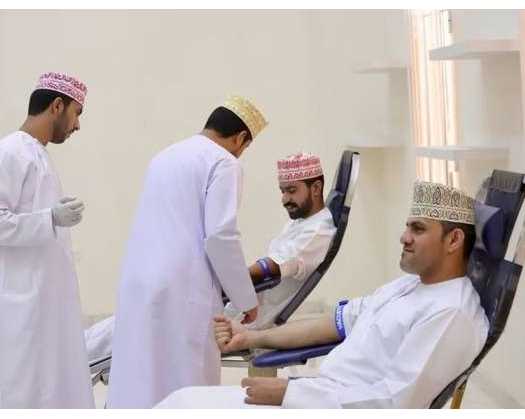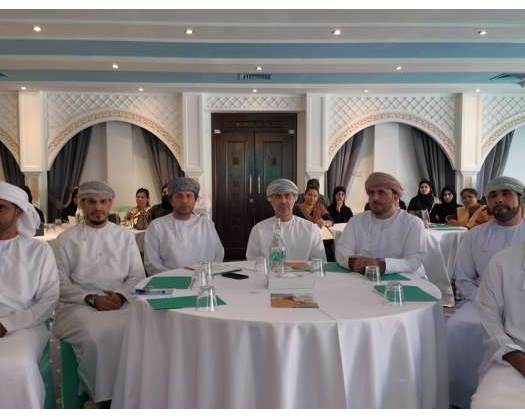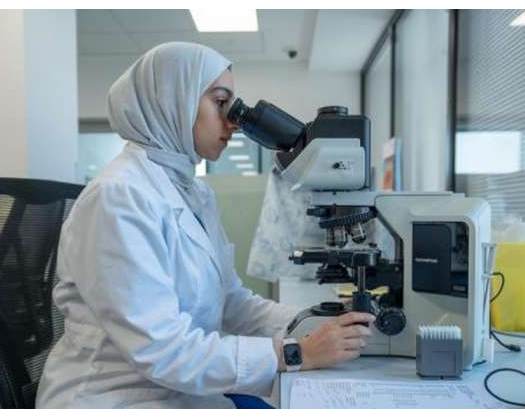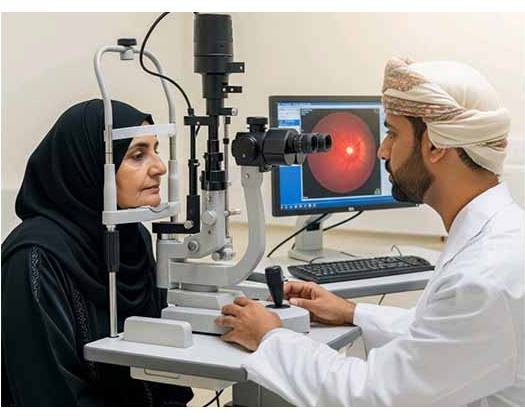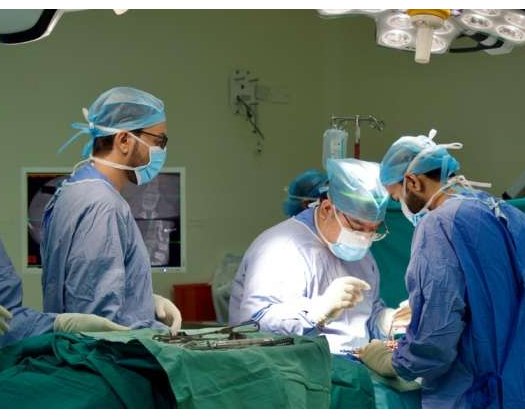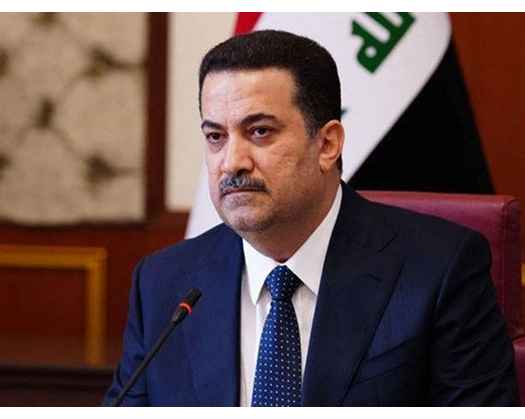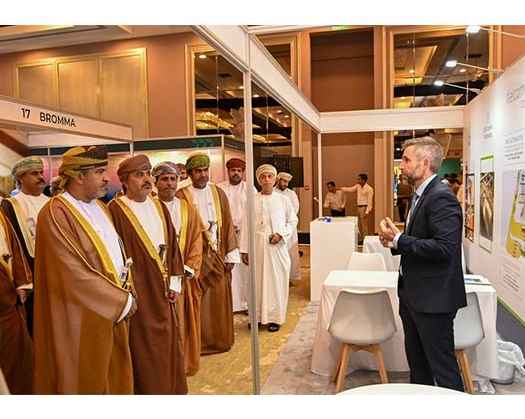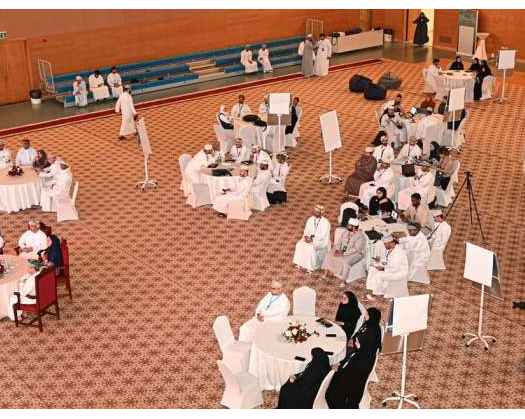Muscat: The Sultan Qaboos Comprehensive Cancer Care and Research Centre (SQCCCRC) has introduced a groundbreaking advancement in cancer care through the implementation of Lutetium-177 (Lu-177) PSMA radionuclide therapy.
This development marks a significant transformation in the landscape of oncology treatment across the country, as SQCCCRC expands its Theranostics Programme.
The first patient has successfully completed the initial cycle of Lutetium-177 (177 Lu) Prostate-Specific Membrane Antigen (PSMA) therapy, which was administered by the Nuclear Medicine team at SQCCCRC.
Dr. Khulood Al-Riyami, the head of the Nuclear Medicine section at SQCCCRC, stated that this treatment option is typically reserved for prostate cancer patients with advanced disease who have not responded to other treatments such as androgen deprivation therapy and chemotherapy.
She further elaborated, explaining that the therapy aims to alleviate symptoms and stabilize the disease, ultimately improving the patient's quality of life.
The treatment involves the combination of a radioactive component (177 Lu) with a peptide (PSMA) that specifically targets prostate cancer cells. This combination induces radioactive damage and hinders the growth of these cells, sometimes leading to their death.
SQCCCRC's Theranostics Programme, which combines state-of-the-art technology and interdisciplinary expertise to provide personalized treatment options, represents a significant advancement in the field of oncology.
This program utilizes an innovative theranostics approach that integrates nuclear medicine tools to optimize cancer management. By precisely targeting radioactive medicine, it aims to minimize harm to healthy tissues. Dr. Rashid Al Sukaitti, the head of the Radiology and Nuclear Medicine department, expressed his satisfaction with this achievement, stating that it will eliminate the need for patients to seek treatment abroad. A multidisciplinary team, consisting of nuclear medicine physicians, technical experts, medical physicists, oncology consultants, and nursing teams, collaborated to ensure the highest standard of medical care for patients.
Dr. Khulood Al-Riyami also expressed excitement about the introduction of 177Lu therapies to the Theranostics Programme. She highlighted the merging of diagnostics, therapeutics, and the capabilities of nuclear medicine, which will open up new possibilities in cancer treatment. The aim is to extend Lutetium-177-based therapy to patients with conditions such as neuroendocrine tumors in the near future.
The SQCCCRC reaffirms its commitment to enhancing cancer care and providing groundbreaking solutions within their communities through the expansion of the Theranostics Programme. This initiative reflects the organization's dedication to advancing scientific breakthroughs while delivering patient-centric and empathetic care.

